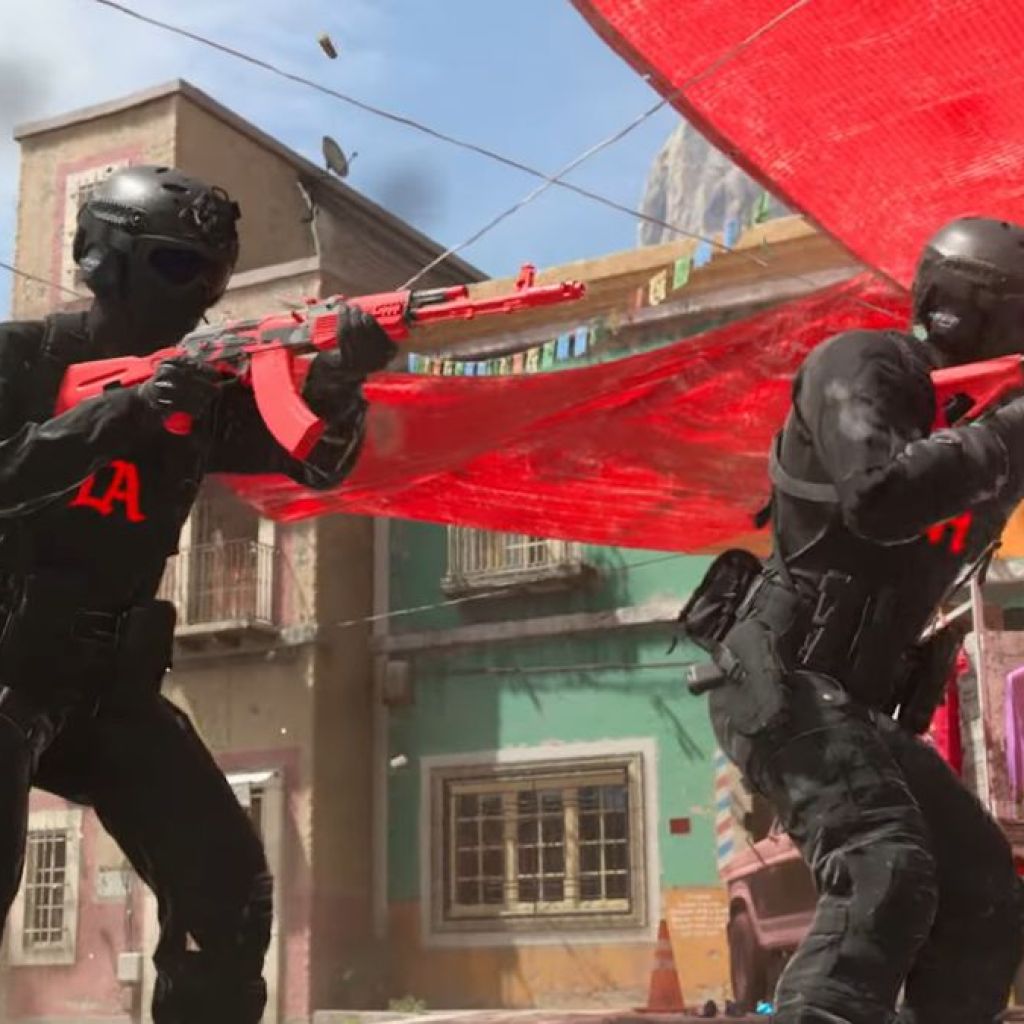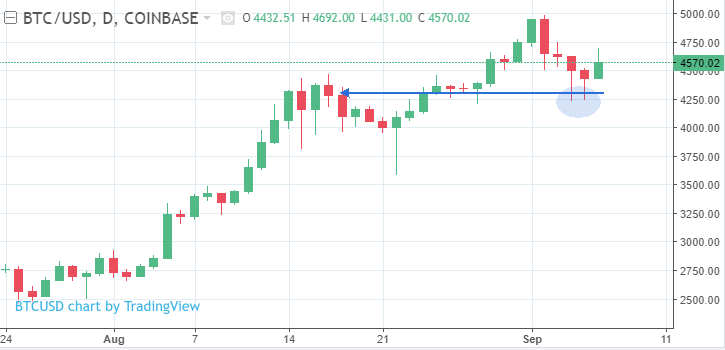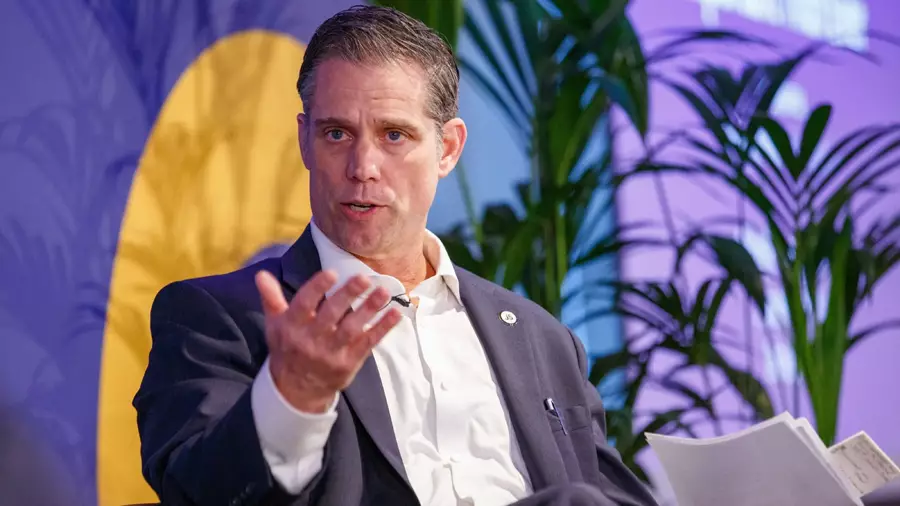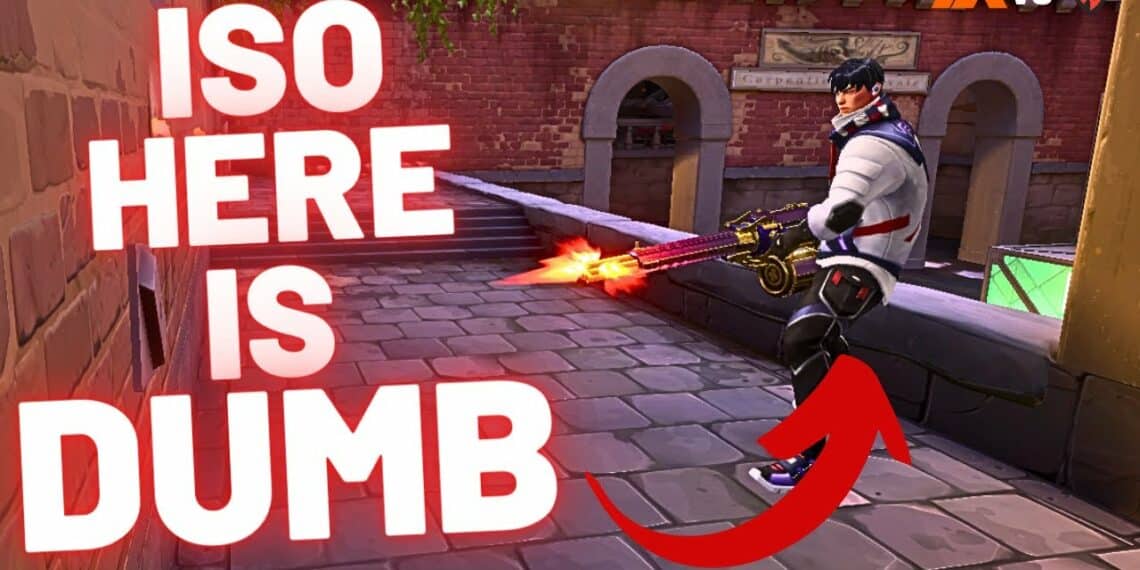FTC Challenges Court Ruling On Microsoft's Activision Blizzard Acquisition

Table of Contents
The FTC's Arguments Against the Acquisition
The FTC's primary concern centers around antitrust issues and the potential for reduced competition within the gaming market. Their arguments hinge on several key points:
-
Market Dominance: The FTC argues that the acquisition would significantly increase Microsoft's already considerable market power, particularly in the console gaming market and cloud gaming. This increased dominance could stifle innovation and harm consumers.
-
Call of Duty Exclusivity: A major focus of the FTC's case is the potential for Microsoft to make popular Activision Blizzard titles, most notably Call of Duty, exclusive to its Xbox ecosystem. This move would severely disadvantage competitors like Sony PlayStation, potentially driving players towards Xbox and reducing choice for consumers. The FTC argues this would be anti-competitive behavior.
-
Reduced Competition and Innovation: The FTC claims the merger will lessen competition, leading to reduced innovation in game development, potentially resulting in fewer high-quality games and less choice for gamers. They argue that a less competitive market allows for higher prices and less consumer-focused development.
-
Price Increases: The FTC also argues that Microsoft's increased market power post-acquisition could lead to higher prices for games and gaming subscriptions, ultimately harming consumers. The lack of competition, they claim, removes the pressure to keep prices low and improves profitability at the expense of the gamer.
The Court's Initial Ruling and its Rationale
A US District Court initially dismissed the FTC's attempt to block the acquisition. The judge's ruling focused on the evidence presented and arguments made by both sides.
-
Key Points of the Ruling: The court found that the FTC had not presented sufficient evidence to prove that the acquisition would substantially lessen competition. The judge emphasized that Microsoft's commitments to keep Call of Duty available on other platforms were credible and would mitigate any anti-competitive concerns.
-
Microsoft's Defense: Microsoft successfully argued that making Call of Duty exclusive would ultimately harm their own profits, as it would alienate a large player base on other platforms. They presented evidence of their intention to continue licensing Call of Duty to other consoles.
-
Legal Precedents: This ruling sets an important precedent for future merger cases in the technology sector. The judge's interpretation of the evidence and application of antitrust law will likely influence future legal challenges to large-scale acquisitions.
The FTC's Appeal and Next Steps
The FTC has appealed the court's decision, initiating a potentially protracted legal battle.
-
Appeal Strategy: The FTC's appeal is likely to focus on strengthening the evidence presented regarding potential anti-competitive behavior, particularly concerning the long-term impact on competition and the feasibility of Microsoft's commitments regarding Call of Duty.
-
Timeline: The appeal process could take months, or even years, to complete. The case will likely involve multiple stages of legal proceedings, including briefs, hearings, and potential further court rulings.
-
Potential Outcomes: The appeal could result in the court upholding the initial ruling, allowing the acquisition to proceed. Alternatively, the appeal could overturn the initial decision, blocking the merger. A settlement is also possible.
-
Implications for the Gaming Industry: The outcome of this appeal will have far-reaching consequences for the gaming industry, influencing future mergers and acquisitions and shaping the competitive landscape for years to come.
Potential Impacts on the Gaming Industry
The Microsoft-Activision Blizzard acquisition has profound implications for the gaming industry:
-
Competitive Landscape: The acquisition could reshape the competitive landscape, potentially leading to greater market consolidation and reduced diversity in game development. It could also change the balance of power between console manufacturers and game publishers.
-
Game Prices and Availability: Depending on the outcome, game prices might increase, and the availability of certain titles across different platforms could change significantly.
-
Innovation: Reduced competition could stifle innovation, resulting in fewer innovative game titles and slower development of new gaming technologies.
Conclusion
The FTC's challenge to the Microsoft-Activision Blizzard acquisition represents a significant moment in antitrust law and the gaming industry. The outcome will shape the future of mergers and acquisitions in the sector and impact gamers worldwide. The core arguments around market dominance, Call of Duty exclusivity, and the potential for reduced competition are at the heart of this complex legal battle.
Call to Action: Stay informed about the ongoing FTC challenge to the Microsoft Activision Blizzard acquisition. Follow this site for updates and analysis on this important legal battle affecting the future of the gaming landscape. Keep up-to-date on the latest developments in this significant antitrust case concerning the Microsoft Activision Blizzard acquisition.

Featured Posts
-
 Canadian Dollar Strength Against Usd Weakness Elsewhere A Detailed Analysis
Apr 24, 2025
Canadian Dollar Strength Against Usd Weakness Elsewhere A Detailed Analysis
Apr 24, 2025 -
 Alterya Joins Chainalysis A Strategic Move In Blockchain Ai
Apr 24, 2025
Alterya Joins Chainalysis A Strategic Move In Blockchain Ai
Apr 24, 2025 -
 Niftys Ascent Analyzing The Positive Market Trends In India
Apr 24, 2025
Niftys Ascent Analyzing The Positive Market Trends In India
Apr 24, 2025 -
 Teslas Optimus Robot Chinas Rare Earth Restrictions Cause Delays
Apr 24, 2025
Teslas Optimus Robot Chinas Rare Earth Restrictions Cause Delays
Apr 24, 2025 -
 La Palisades Wildfires Which Celebrities Lost Their Homes
Apr 24, 2025
La Palisades Wildfires Which Celebrities Lost Their Homes
Apr 24, 2025
